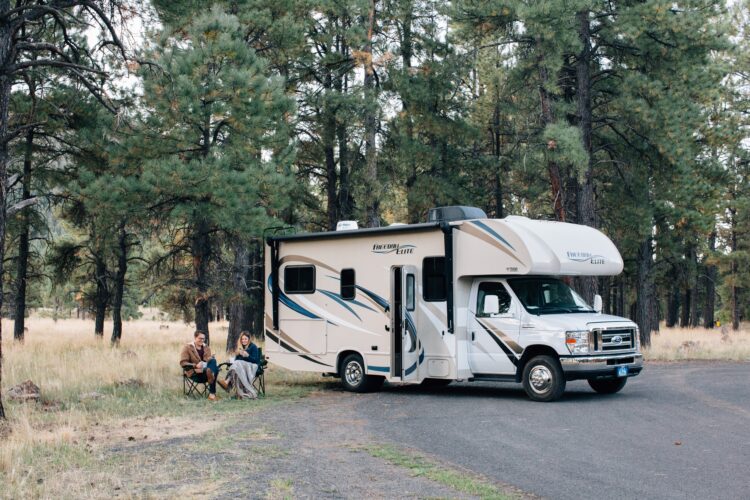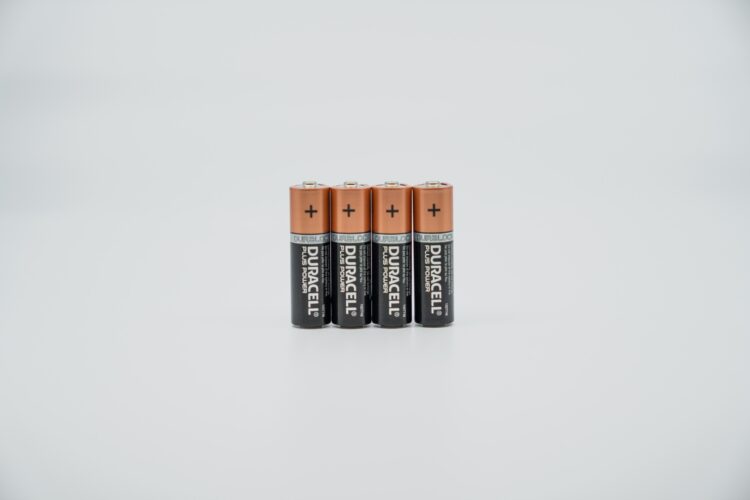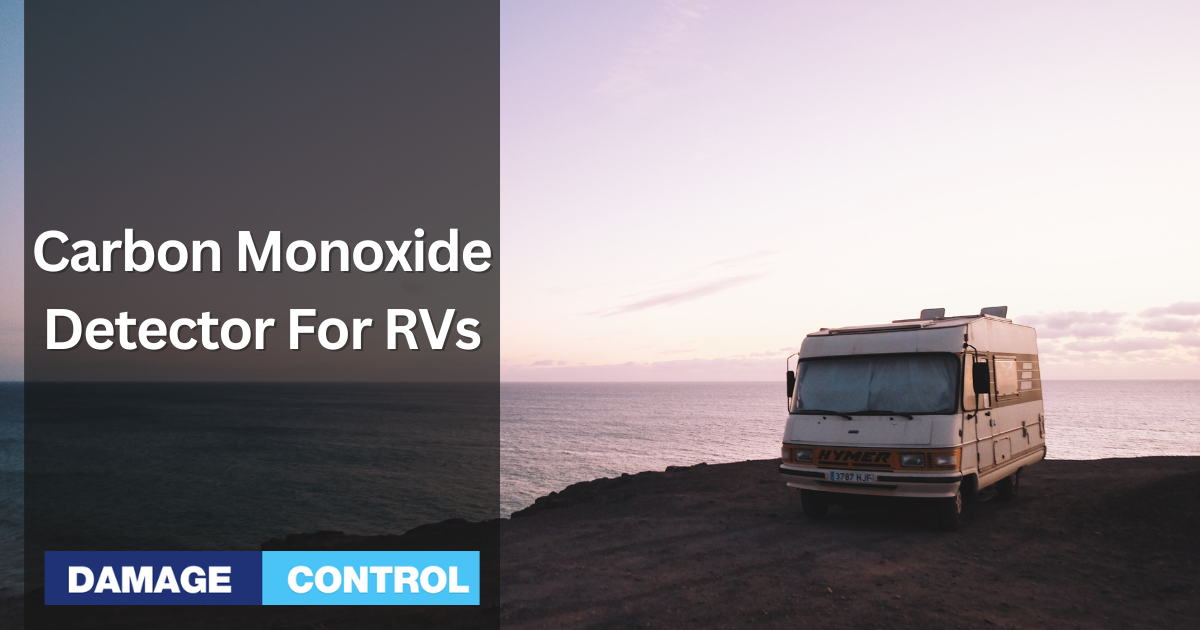When you get a recreational vehicle you are setting yourself, and your family, up for an incredible experience on the road to fun. However, before you set out on the road in your RV, it's crucial to prioritize safety. One of the essential items you should have in your RV is a carbon monoxide (CO) detector. Let's dive into what carbon monoxide is, why it's dangerous, and why a CO detector in your RV is a must-have. Let's get started!
Understanding Carbon Monoxide
Carbon monoxide (CO) is a colorless and odorless gas that can be harmful when inhaled.
It's produced when fuel, like gasoline, propane, or wood, doesn't burn completely.
Because it's invisible and odorless, you cannot detect it on your own. You need a specialized detector.
The Dangers of Carbon Monoxide
CO is dangerous because it can replace oxygen in your body, leading to serious health issues.
When you breathe in CO, it enters your bloodstream and prevents oxygen from reaching your organs.
Symptoms of CO poisoning include headache, dizziness, nausea, confusion, and even unconsciousness.
Why RVs Need Carbon Monoxide Detectors

RVs often use fuel-powered appliances like stoves, ovens, and heaters, which can produce CO.
When you're parked in scenic areas or campsites, you might not notice the presence of CO.
Having a CO detector in your RV can save your life by alerting you if dangerous levels of CO are detected.
Types of Carbon Monoxide Detectors
Battery-Powered Detectors

These detectors run on batteries, so you don't need to worry about wiring them to your RV's electrical system.
They are easy to install and provide continuous protection even when your RV is not connected to electricity.
Make sure to check the battery regularly and replace it when needed. A great rule of thumb is to change your batteries once every year.
Hardwired Detectors
Hardwired detectors are directly connected to your RV's electrical system, so they don't rely on batteries. They offer constant monitoring, but you may need professional installation or assistance.
Where to Install Carbon Monoxide Detectors in Your RV
Place a detector in or near your RV's sleeping area to ensure early detection while you sleep.
Consider installing one near your RV's kitchen and living area where fuel-powered appliances are used.
If you have multiple levels in your RV, install detectors on each floor for comprehensive coverage.
Maintaining Your Carbon Monoxide Detector
Regularly test your CO detector to ensure it's functioning correctly.
Keep the detector clean from dust and debris that could interfere with its sensors.
Follow the manufacturer's guidelines for maintenance and replacement.
Additional Safety Tips
Properly ventilate your RV when using fuel-powered appliances.
Don't use portable fuel-burning devices like grills or stoves inside your RV.
If your CO detector alerts you to high levels of CO, leave the RV immediately and seek fresh air.
Conclusion
When you own an RV the only thing more important than having a fun trip is having a safe one. A carbon monoxide detector is essential for protecting yourself and your loved ones from the dangers of CO. Whether you choose a battery-powered or hardwired detector, you must ensure that proper maintenance is carried out on. With a reliable CO detector by your side, you can focus on creating wonderful memories during your RV adventures, knowing that you're taking important steps to stay safe and sound. Happy travels!

